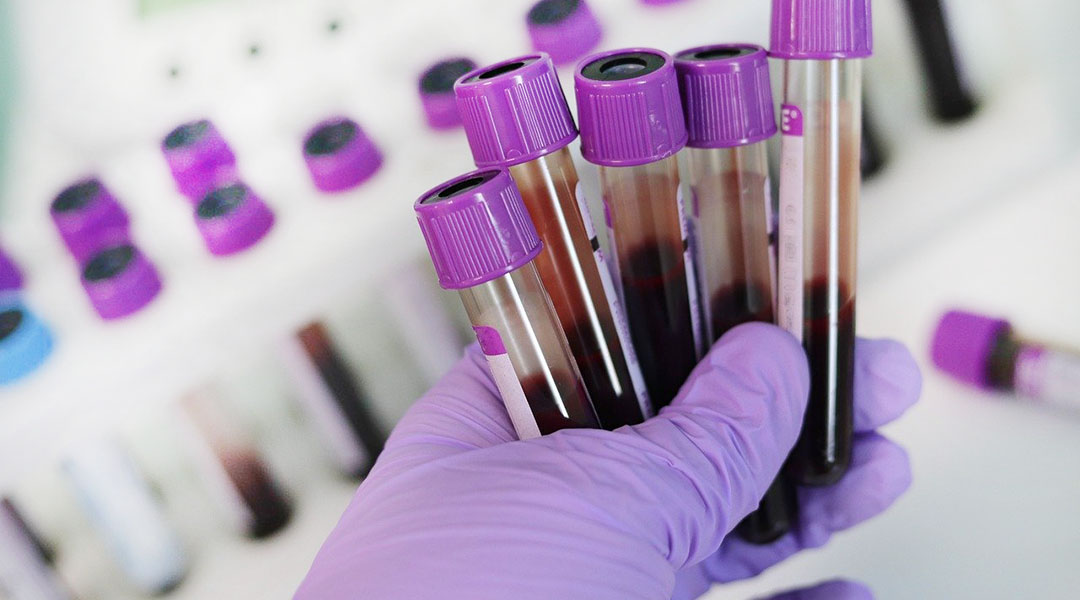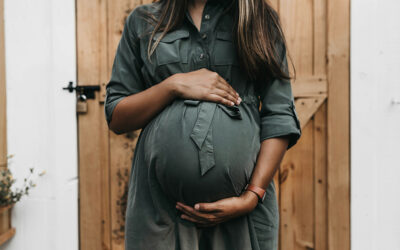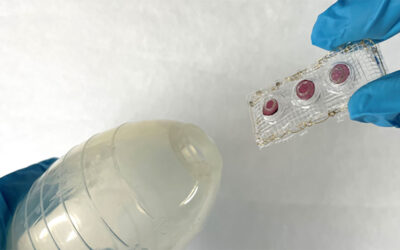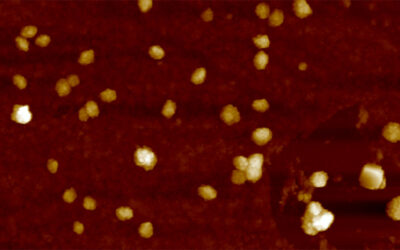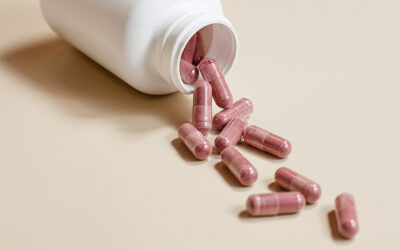One of the major talking points of the current coronavirus pandemic is about testing. Since the SARS-CoV-2 virus that causes COVID-19 in humans was first identified, a number of tests have been developed for detecting the genetic material of virus. Whilst useful for seeing how many people are infected with this new coronavirus, they do not test who has already been infected.
Recently, health experts around the world have been talking more about antibody tests. Antibody, or serological, tests are key to understanding individuals’ antibody responses to the virus, and to identify people who are potentially immune to re-infection. Governments hope that with a better picture of how much of the population is immune, known by serological tests, then strict lockdown measures that have been in places for months might be eased, and the need for days of self-isolation negated.
Investigators at Icahn School of Medicine at Mount Sinai in New York, the USA’s worst-affected state, have now developed a breakthrough antibody test, and provided a clear, step-by-step guide on how to replicate the test.
“Serological assays can be used to identify individuals who were infected (including severe, mild, and asymptomatic cases) and who are now potentially immune, which means that they are unlikely to transmit the virus to others,” the authors wrote. “As an example, healthcare workers who are immune could potentially care for COVID19 patients with minimal risk to themselves, their colleagues, and other patients.”
This latter point is perhaps one of the main drivers for large-scale serological testing. Countries the world over have experienced problems with healthcare worker staff shortages due to some of these key workers having to self-isolate, further exacerbating pressure on already-overwhelmed healthcare systems. If healthcare workers can be tested for SARS-CoV-2 antibodies, though, they may need not require days of self-isolation.
Furthermore, wide-spread antibody testing can give insights into the extent of so-called “herd immunity”, a contentious issue surrounding how and when societies emerge from lockdowns in the absence of a vaccine. If too few individuals already have immunity, then easing lockdown restrictions too soon and too quickly could cause a devastating second wave of the pandemic. As the WHO has warned, we’re not out of the woods yet, and any effective strategy in battling this pandemic will involve fighting on all fronts, with effective containment measures, development of vaccines and drug treatments, and yes, large-scale testing; for the virus and for antibodies against it.
Reference: Daniel Stadlbauer et al., ‘SARS‐CoV‐2 Seroconversion in Humans: A Detailed Protocol for a Serological Assay, Antigen Production, and Test Setup‘. Current Protocols in Microbiology (2020). DOI: 10.1002/cpmc.100

